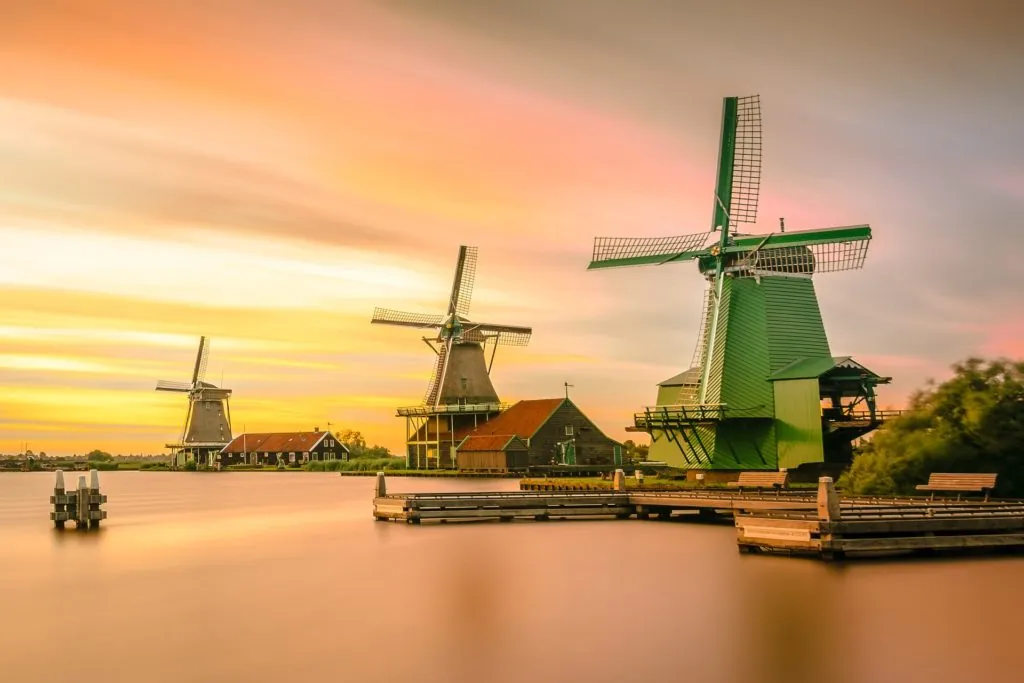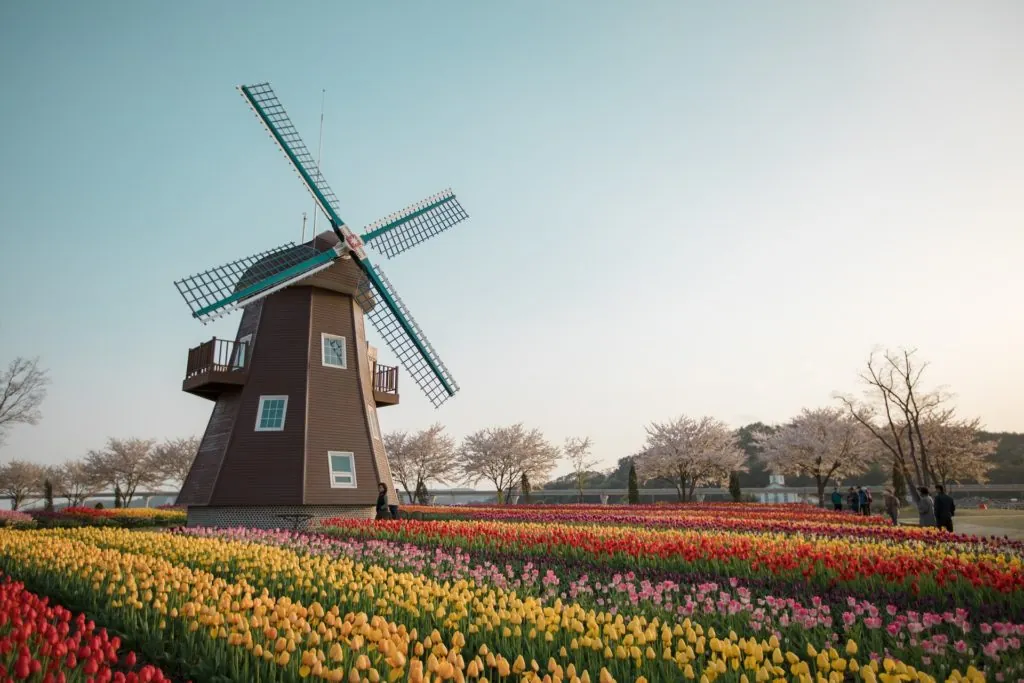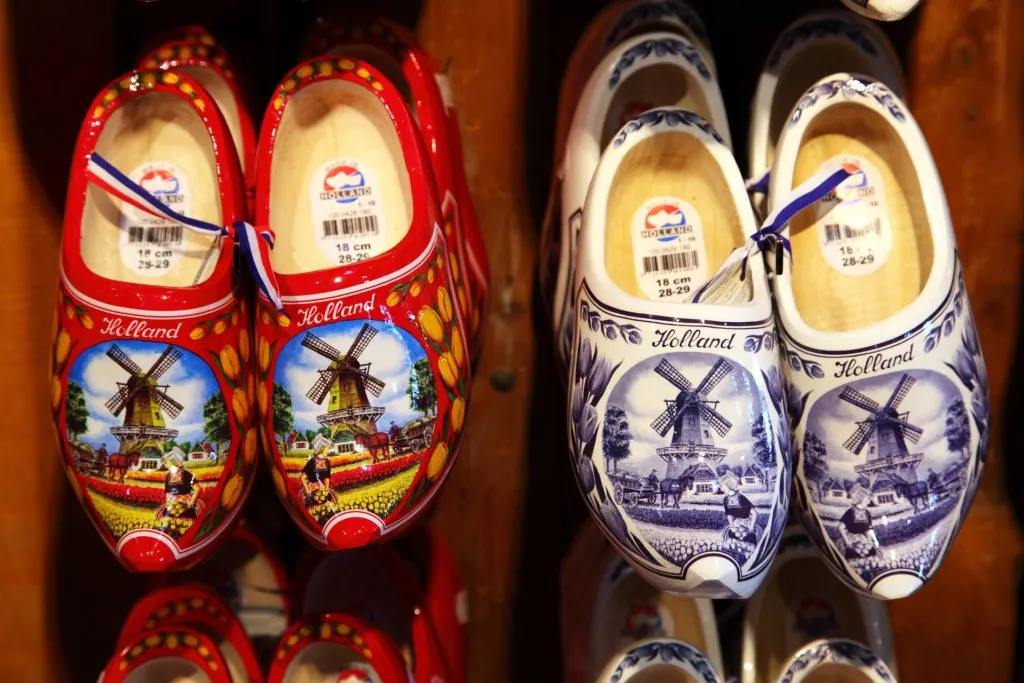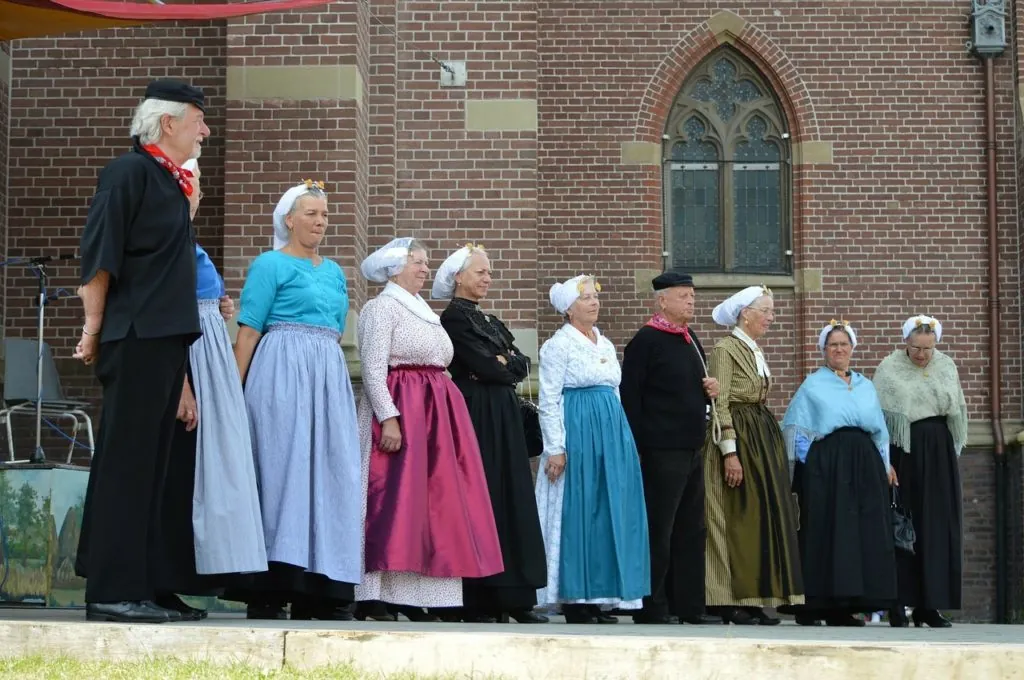The trouble with “Welcome to Holland”

I feel conflicted about “Welcome to Holland.” It’s an essay I’ve been gifted a time or two over the years by well-intentioned organizations. Depending on the day, I love or despise the work.
“Welcome to Holland” is the inspirational, feel-good piece that invariably winds up in your inbox upon finding out your child has special needs. (For the uninitiated, the complete work is found at the end of this post.)
Emily Perl Kingsley wrote “Welcome to Holland” in 1987. A parent of a child with Down syndrome herself, she tries to comfort other parents struggling to accept their own special needs situations.
Kingsley likens the discovery of your child having special needs to anticipating a wonderful trip to Italy. However, instead of arriving at this long anticipated destination, you discover you have disembarked from your plane into the seemingly less exciting destination of Holland. You are forced to remain there instead. But you eventually learn to appreciate this other place, even if you still feel wistful about your canceled trip to Italy.
To be fair, I’m sure she didn’t intend it to be the sole representation of the special needs experience, yet it seems to be the one most referenced.
Source: kzw86/Pixabay
There are many special needs parents who feel the truth in every sentence of this essay. If the piece provides you a measure of comfort, then please hold the story close to your heart. For that reason, I’m glad this essay exists. I’m addressing you other parents who, like me, aren’t sure what to make of this “different country as special needs” analogy.
***
If we are going through a period of calm, Jack feeling no physical or emotional pain then yes—I’m smelling the tulips, choked up by their beauty and thrilled to be in Holland instead of Italy. If I’m feeling scared and lost however, this essay mocks me with its seeming flippancy. A real-time Rorschach test for how I view Jack’s situation. Jack battling random scary health issues that he can’t verbalize does not equate to our family just moving to a different yet equally attractive European locale. It dances on my nerves in those moments precisely because it minimizes my grief.
I don’t believe in wallowing, but I do believe in processing all of my emotions. Not just the “socially acceptable” ones. After all, emotional honesty gives us all the best chance of moving forward. For parents of the newly diagnosed children, the danger of this essay is that apart from a line at the end acknowledging the sadness, it somewhat minimizes the grief we all have felt for our lost dreams. And the fear of what exactly the future holds for our children.
***
Jack’s situation is not merely a location swap, it has informed every single one of our lives. Would Mike get as stressed on a daily basis at the mischief our dog creates if Jack weren’t different? Would I have some sort of glamorous career involving jet-setting across the world instead of standing guard at the toilet’s edge every 2 ½ hours encouraging Jack to pee? We will never know.
***
My other gripe with the essay is that for those without special needs children, it provides a generic spin on a painful situation. That everyone may mistakenly feel they understand every special needs situation.
Yes, they may think, Now I get it—a child with challenges is not something to grieve for, not really. It’s more like an Oprah-approved “living your best life” kind of thing. Besides, you get windmills! And tulips! And don’t forget about Rembrandt!
***
What specifically irks me about the essay? In my more contrary moments I find flaws in her upbeat portrayal of parenting an atypically developing child such as:
- What about special needs parents who have violent children?
- Kids whose disabilities come with excruciating suffering before an untimely early deaths?
- Marriages and finances that implode from the strain of the situation?
***
But I have found a quote that honors both the loss and the beauty of this special needs mystery and provides me with a measure of comfort:
“My barn having burned down, I can see the moon.”
Mizuta Masahide
This haiku from a seventeenth-century Japanese poet and samurai speaks to the competing joys and sorrows of our situation. Destruction and hope in 10 short words.
While the barn may symbolize the loss of our dreams, viewing the moon shows how our new reality does hold beauty and awe.
And not to mention, the quote makes me think of the aftermath: in our situation and in the smoldering remains of that barn. You must clean up the debris, scrape together funds to start over, move the animal feed and figure out where the heck do I put all the animals now? That is my life.
***
Special needs families have unique challenges and struggles. Therefore, “Welcome to Holland” can never describe every situation. For the more difficult diagnoses and behaviors, covering up or denying feelings prevents healing for us.
Being comfortable with ambiguity, and holding joy and sorrow at the same time helps us develop an emotional resiliency that allows us to be the parents we need to be. And that, unfortunately, doesn’t happen instantaneously with a diagnosis. It may take years to make sense of it all.
Feel the pain, if that’s what you’re feeling. Feel the joy. Hug your beautiful children. Read and treasure “Welcome to Holland” if it speaks to you. Or don’t if it doesn’t fit. But maybe you find comfort in Masahide’s quote like I do. Just consider the loss of the barn as the start of your journey.
Source: PublicDomainPictures/Pixabay
WELCOME TO HOLLAND
by
Emily Perl Kingsley.
c1987 by Emily Perl Kingsley. All rights reserved
I am often asked to describe the experience of raising a child with a disability – to try to help people who have not shared that unique experience to understand it, to imagine how it would feel. It’s like this……
When you’re going to have a baby, it’s like planning a fabulous vacation trip – to Italy. You buy a bunch of guide books and make your wonderful plans. The Coliseum. The Michelangelo David. The gondolas in Venice. You may learn some handy phrases in Italian. It’s all very exciting.
After months of eager anticipation, the day finally arrives. You pack your bags and off you go. Several hours later, the plane lands. The stewardess comes in and says,”Welcome to Holland.”
“Holland?!?”you say. “What do you mean Holland?? I signed up for Italy! I’m supposed to be in Italy. All my life I’ve dreamed of going to Italy.”
But there’s been a change in the flight plan. They’ve landed in Holland and there you must stay.
The important thing is that they haven’t taken you to a horrible, disgusting, filthy place, full of pestilence, famine and disease. It’s just a different place.
So you must go out and buy new guide books. And you must learn a whole new language. And you will meet a whole new group of people you would never have met.
It’s just a different place. It’s slower-paced than Italy, less flashy than Italy. But after you’ve been there for a while and you catch your breath, you look around…. and you begin to notice that Holland has windmills….and Holland has tulips. Holland even has Rembrandts.
But everyone you know is busy coming and going from Italy… and they’re all bragging about what a wonderful time they had there. And for the rest of your life, you will say “Yes, that’s where I was supposed to go. That’s what I had planned.”
And the pain of that will never, ever, ever, ever go away… because the loss of that dream is a very very significant loss.
But… if you spend your life mourning the fact that you didn’t get to Italy, you may never be free to enjoy the very special, the very lovely things … about Holland.
Source: PublicDomainPictures/Pixabay



